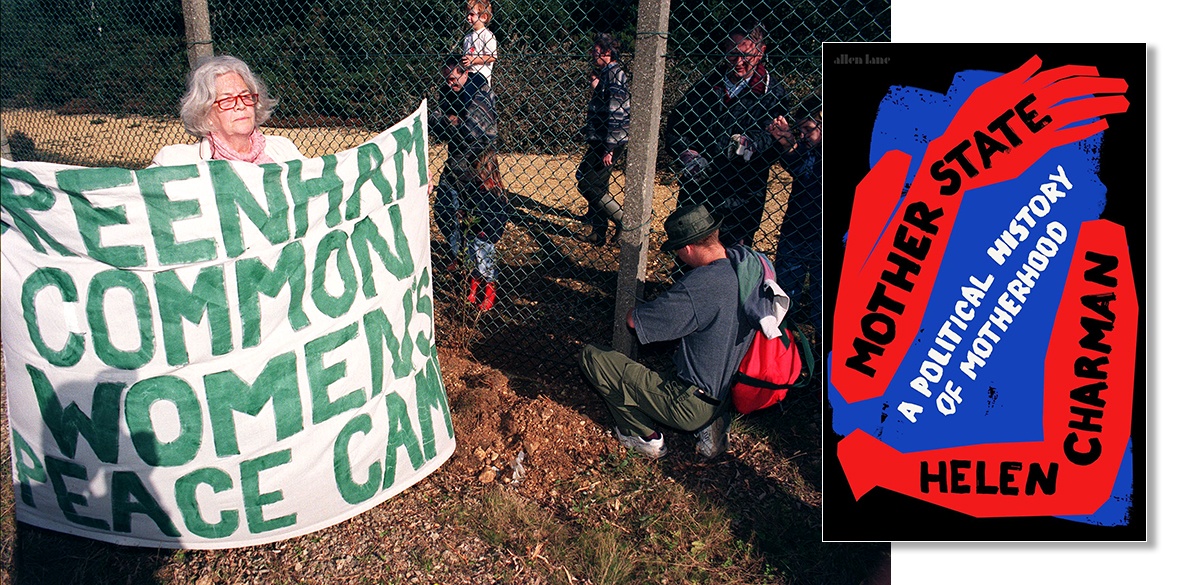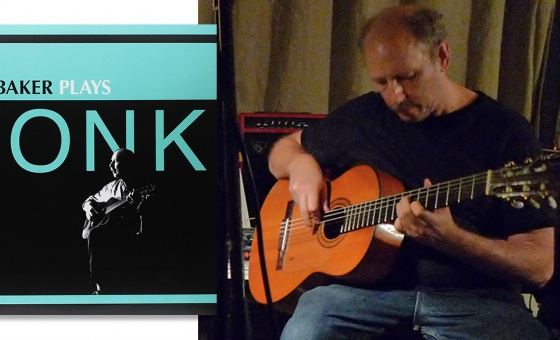This is the last article you can read this month
You can read more article this month
You can read more articles this month
Sorry your limit is up for this month
Reset on:
Please help support the Morning Star by subscribing here
Mother State: A Political History of Motherhood
Helen Charman, Allen Lane, £30
IN the 1980s The Sisterhood of Black Single Mothers used the word “motherful” rather than “fatherless” to describe their families. Why describe something by a character it neither has nor lacks?
In her epic political history of motherhood, Mother State, Helen Charman goes further and asks if we can’t understand the world to be “babyful” and use the demands of care to build a universal solidarity rejecting the atomisation that is thrust upon us by both the nuclear family and the neoliberal state.
Charman’s book makes a claim for mothering as a political action, and motherhood as a political state that challenges the narratives of competition and othering that permeate our politics and our world. To mother and to be mothered are, for Charman, potentially universal disrupters of the status quo that can reveal oppressions and combat alienation.
Charman illustrates this through a political and pop-cultural investigation of the terrain that shaped her own childhood in a motherful family in the south of England in the 1990s.
Taking as its period the post-war formation of the welfare state up until its near destruction by successive governments of the 2010s, the book maps out the degeneration and degradation of society by Margaret Thatcher, Tony Blair, David Cameron and others; and also the illusory nature of a caring state glimpsed by New Labour children of the ’90s through life rafts such as the Educational Maintenance Alliance, which have since been taken away.
The book brings in Greenham Common, the Falklands war, lesbian squats, the National Union of Minersworkers, H-Block hunger strikers and the bedroom tax to illuminate the way in which social reproduction and literal reproduction have always been economic and political acts. It unpacks how mothers have fought back and found moments of collective and personal liberation in the face of a society that at once idealises and degrades them.
Mother here is meant in its widest sense well beyond the biological or the literal: with particular skill Charman investigates the hopes, pressures and fears of communal parenting, whether it is in the radical communes of the ’80s and ’90s, or in the Tory Party’s desperation to be mothered by Thatcher.
Charman is at her best when she is illuminating the mothers of popular culture. From the Princess Diaries to Princess Diana, Eastenders to Little Britain, she cuts to the quick of how and why ruling ideas of motherhood persist and the uses they are put to by the political class. These are not shallow investigations. Some of the most moving and revealing passages come as the meaning and purpose of mothering, conception and termination as seen through the British media is unpacked — be it the changing role of the scapegoated single mother, or the recorded and obscured pain of grieving families in Northern Ireland.
Mother State presents huge archival riches. Deep and varied research takes us from the Natural Birth Movement to Focus E15. Charman neatly weaves her own life and her own experience of being mothered (and her own experience of the state) into a text that grapples with hundreds of mothers, mothered and unmothered people. In precise but engaging prose, the millennial experience of managed decline and of all that has been lost looms large.
This is a book that takes us to every corner of England, Scotland and Ireland to examine how mothers and mothering has fought against neoliberal advances.
Perhaps at times the book bends under the weight of this research. Consistently diverting and filled with insight, it does not always cohere. Nor are central questions addressed: what is mothering? What is the relation between mother and state? When and how did our idea of a mother emerge? Is it, like the nation state, a bourgeois construct?
Where Sophie Lewis calls for the abolition of families, Charman calls for an analogous expansion of mothering; but the relation of this to our current and future political reality remains unclear.
The book sometimes falls between two projects; is it a treatise on the identity and possibility of motherhood, or is it a people’s history of Britain in the late 20th century? Both are great and interesting books, but they are not always clearly connected here.
The confidence of the prose and the brilliance of the research, however, make up for what is perhaps an editorial failing.
Mother State is a bold exploration of the material reality and political representations of mothering in these islands; it’s an exciting, angry and tender debut by a distinctive voice.










